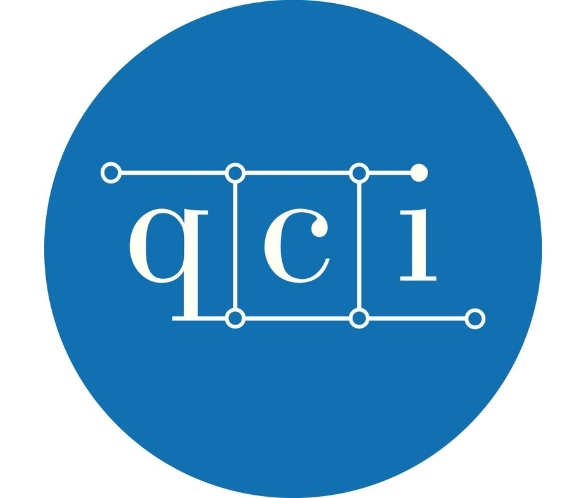 EMERGING TECH
EMERGING TECH
 EMERGING TECH
EMERGING TECH
 EMERGING TECH
EMERGING TECH
With any new technology, it’s inevitable that a bunch of startups will emerge at the cutting edge to challenge more established players, and it’s no different in the weird world of quantum computing.
Although companies such as IBM Corp., Microsoft Corp. and Intel Corp. have all made great strides toward making quantum computing a reality, a startup called Quantum Circuits Inc. might just beat them to it after landing a sizable funding round.
QCI said Monday it has closed an $18 million Series A round of funding, and is planning to use those funds to deliver “a modular quantum computer that can be reconfigured and reprogrammed in many different ways.” The company said its quantum computer is designed for initial applications such as drug design for biotech, and improved processes for industrial chemicals, fintech, machine learning and energy.
The news is exciting because quantum computing is believed to hold incredible potential, thanks to an architecture that’s fundamentally different from that of today’s personal computers, smartphones and other computing devices. Whereas classic computers encode information in regular “bits,” represented by ones and zeros, quantum computers encode information in “qubits,” which can be ones, zeros or both at the same time. Because they use qubits, quantum computers can manipulate multiple combinations of states at once, which makes them far more powerful than their conventional cousins, at least for performing a range of advanced computing tasks such as genomic sequencing and materials science research.
If that all sounds a bit heavy, that’s because it is. Companies such as IBM, Microsoft, Google LLC and others have plowed millions of dollars into their research efforts as they race each other to become the first to deliver an actual working quantum computer.
With rivals of that stature, one might think QCI doesn’t stand a chance, but it would be foolish to dismiss it just yet. That’s because the company is led by some of the brightest minds in quantum computing, including Yale University professors Michel Devoret, Luigi Frunzio and Robert Schoelkopf. The trio is said to be experts in the field, having pioneered the research and development of superconducting circuits and other aspects of quantum computing.
“No team has done more to pioneer the superconducting approach to qubits than the QCI founders and their collaborators at Yale, who are responsible for the key breakthroughs bringing solid-state quantum computing to feasibility, over the past decade,” said Isaac Chuang, Professor of Electrical Engineering and Computer Science, and Professor Physics at MIT and a member of QCI’s advisory board. “With the strong multidisciplinary team being assembled by QCI, these leaders are uniquely positioned to deliver a full-stack solution for useful quantum computing.”
That “full-stack solution” entails quantum computers that will be based on a proprietary approach for error-correcting quantum bits that is “hardware-efficient” and requires a lot less redundancy than other methods.
Error correction is a serious obstacle in the way of building a working quantum computer, because the qubits that power them are prone to changing state quickly, resulting in frequent errors. Researchers have struggled for years to overcome the problem, although IBM announced in 2015 it had come up with a method to do so that involves qubits to fix each other’s mistakes. However, IBM admitted that its method wasn’t perfect because it requires at least 1,000 qubits to keep watch over just one.
QCI’s team hasn’t revealed exactly how it is tackling the error-correcting problem, simply saying that it’s approach “unifies scientific innovation with practical implementation.” QCI added that it plans to continue its research to generate new breakthroughs before incorporating those advances into its hardware and software development.
The company said its ultimate goal is to build and deliver the world’s first commercially available, general-purpose quantum computer.
The Series A round was led by technology investors Canaan Partners and Sequoia Capital, with participation from Tribeca Venture Partners, Osage University Partners and previous investor Fitz Gate Ventures. Brendan Dickinson of Canaan and Bill Coughran of Sequoia will join QCI’s board of directors as part of the arrangement.
“Quantum computing is a whole new kind of high-performance computation – and with it we’ll see a new wave of innovation just as we did with the first computer,” said Dickinson. “QCI is taking a hands-on and commercially scalable path to building the first useful quantum computers that will tackle problems that classical computers could never solve.”
THANK YOU